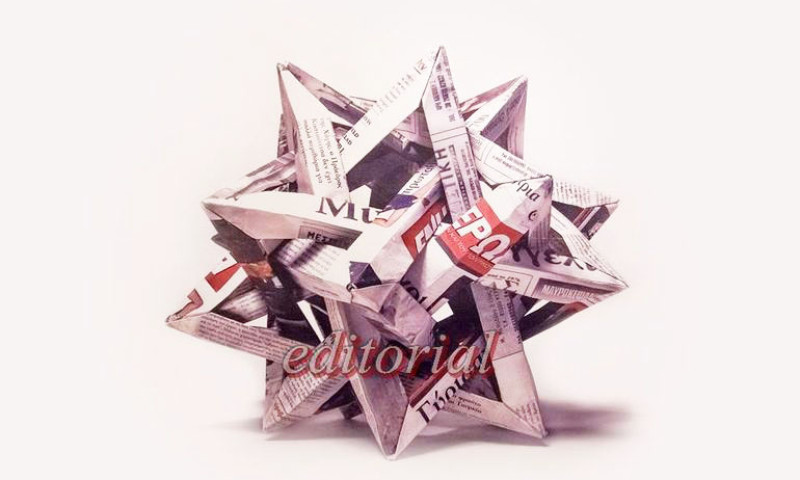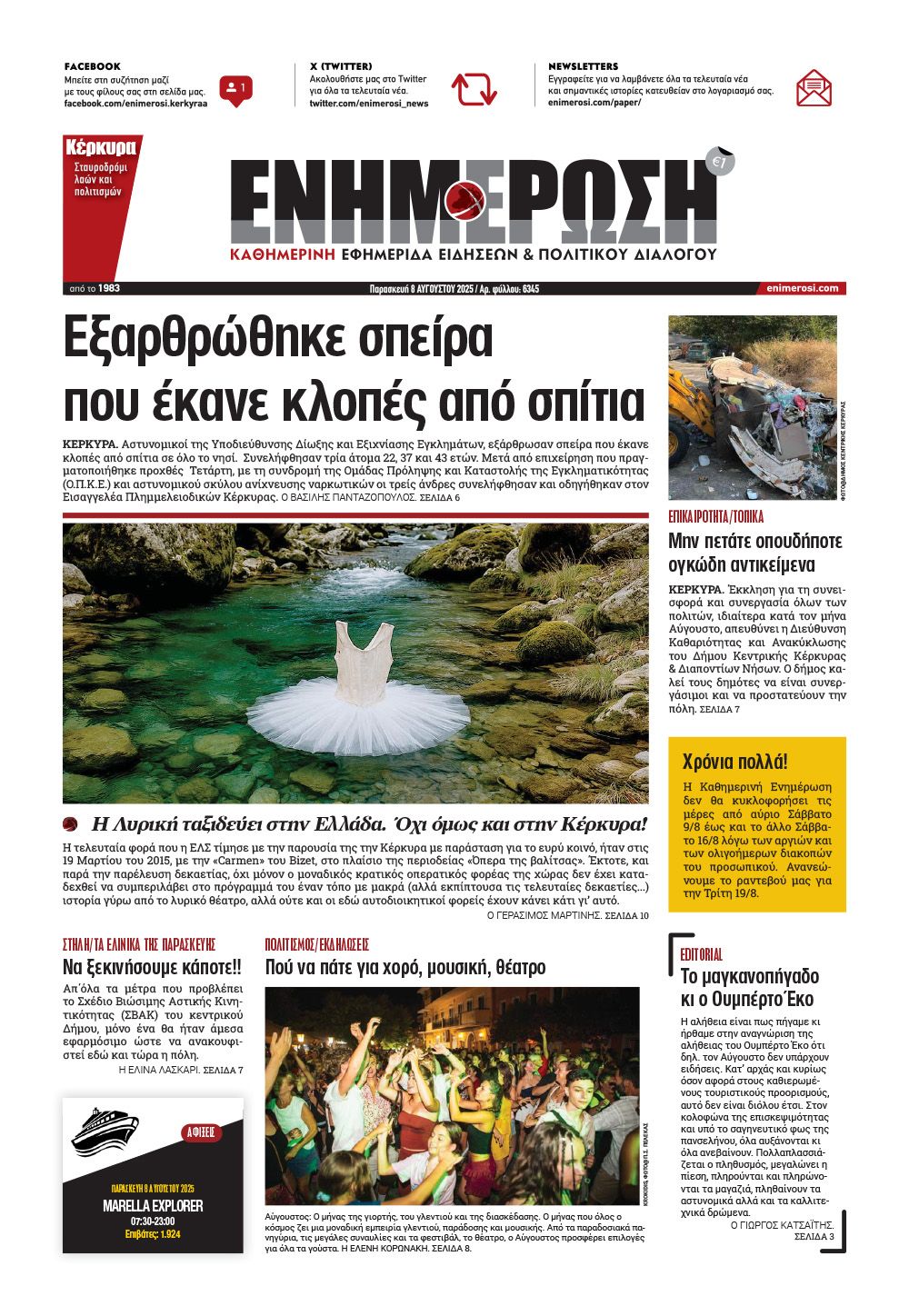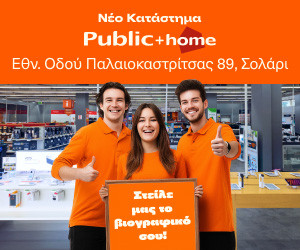Corfu tourism now a ΄tired model΄

Beyond the damage to the environment caused by arbitrariness and greed, the ΄tired model΄ is based on treating nature and the built environment as a backdrop, and on turning culture into an attraction.
As businesses and professionals assess the performance at the peak of a season that raises concerns, the model of tourism in Corfu appears “very tired.” This, despite investments — especially from international funds — that drive up costs and shift the focus of luxury hospitality (and the destination more broadly) toward higher economic strata.
Heaven help us if the image — and above all, the life — on the islands is left to be solely a product of the flow of such investments. After all, that is exactly the model that has “grown tired.”
Beyond the environmental damage caused by arbitrariness and greed, the “tired model” is based on treating nature and the built environment as a backdrop, and on turning culture into a tourist attraction. In other words, the crudest thing imaginable for a place that takes pride in its longstanding, living dialogue with Western culture — a foundational pillar of its identity — namely, the active fusion of classical Greek heritage with what the West has produced across time. The defence of that relationship was symbolically and historically sealed by the town’s resistance to the Ottoman fleet in 1716.
And while the power of this tired model — and, of course, the investments in it, and even more so the inertia of habit — should not be underestimated, an answer does exist. It can be seen in the reactions, which often prove “unanimous” among many who, however, settle for following mayors, uncritically. When what is needed is the revival of collectivity and community through a shared commitment to restoring the situation.
— The repopulation of the town’s historic centre, through incentives, interventions, and also restrictions on its commercial use.
— Housing support for those who live and work in Corfu — including, of course, students.
— Strengthening cultural creation and its institutions, in order to reduce their dependence on the market, especially the tourism market.
— Safeguarding the authenticity of cultural tradition — not as a folkloric entertainment package. Because this affects the transmission of identity within the community.
The most important element in this attempt at regeneration (note: not rebranding) is the conscious resistance to all forms of money’s Trojan horses — or at the very least, their containment, guided by and measured against the quality of life and the sustainability of the community.
In short: Corfu must stop “playing Corfu” in order to sell itself — and instead begin to be Corfu, as it evolves authentically from its own historical and social dynamism.
GIORGOS KATSAITIS






